
ElectrostaticsQuestion and Answers: Page 1
Question Number 215608 Answers: 1 Comments: 3

Question Number 212593 Answers: 1 Comments: 1

Question Number 212514 Answers: 1 Comments: 0

Question Number 203726 Answers: 2 Comments: 1

Question Number 203688 Answers: 0 Comments: 3

Question Number 203636 Answers: 1 Comments: 1

Question Number 202870 Answers: 0 Comments: 0

Question Number 198722 Answers: 0 Comments: 0
Question Number 190814 Answers: 1 Comments: 0

Question Number 172286 Answers: 0 Comments: 0
Question Number 170297 Answers: 1 Comments: 0
Question Number 163618 Answers: 0 Comments: 0

Question Number 163600 Answers: 1 Comments: 0
Question Number 157241 Answers: 0 Comments: 0

Question Number 157199 Answers: 1 Comments: 0
Question Number 155236 Answers: 0 Comments: 0
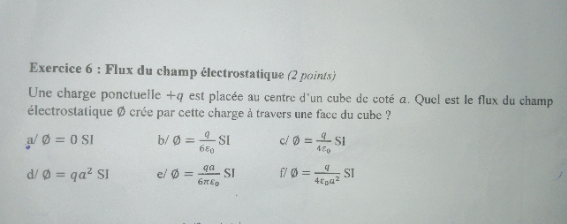
Question Number 140020 Answers: 0 Comments: 1

Question Number 131377 Answers: 0 Comments: 0
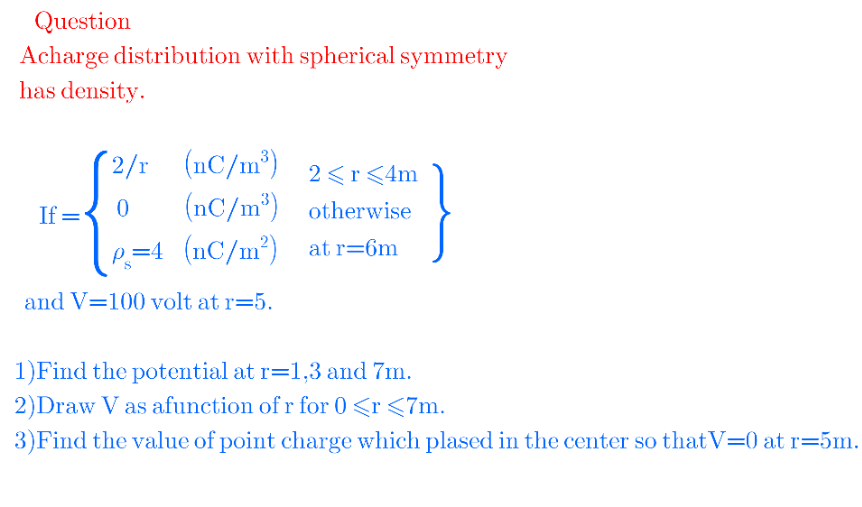
Question Number 130272 Answers: 0 Comments: 0
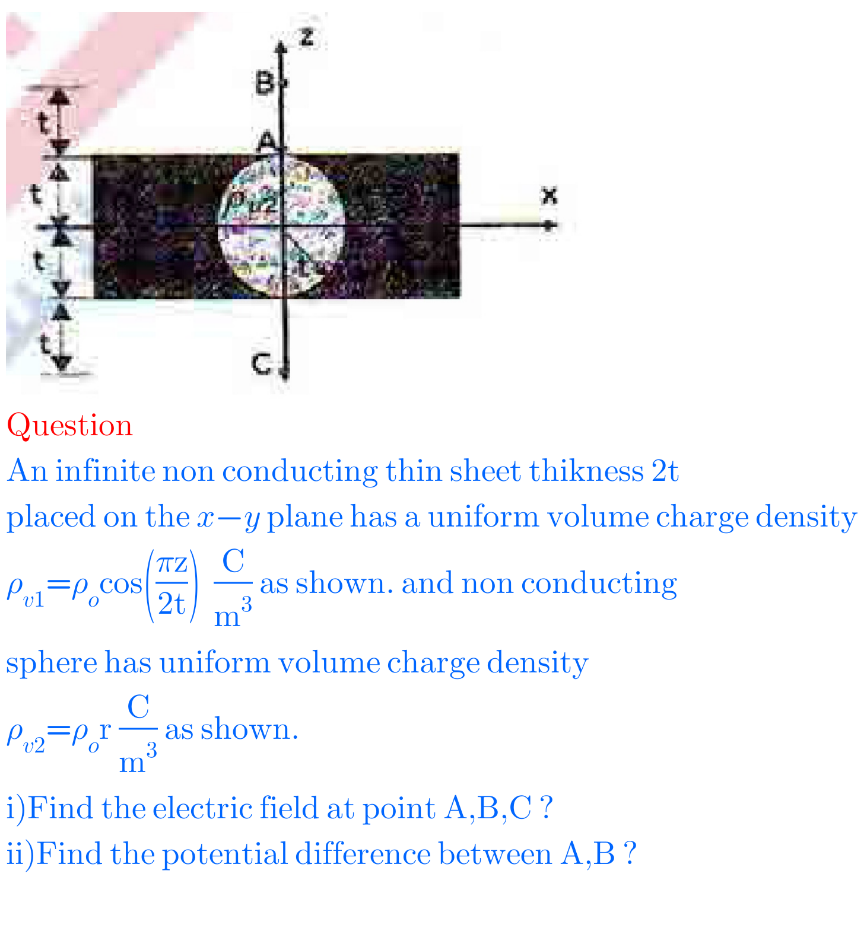
Question Number 130025 Answers: 0 Comments: 0
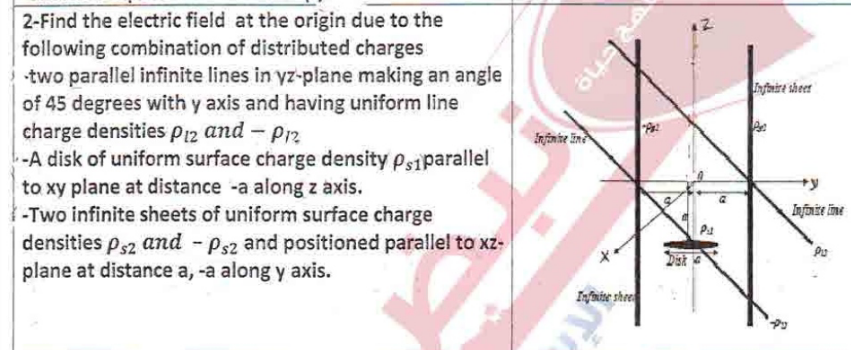
Question Number 128227 Answers: 0 Comments: 0

Question Number 128115 Answers: 0 Comments: 0
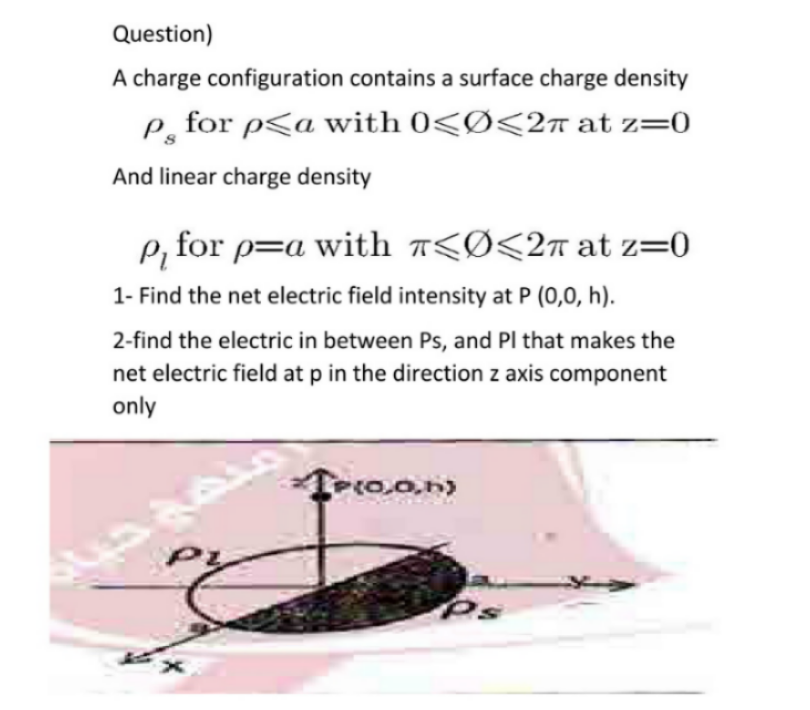
Question Number 117010 Answers: 0 Comments: 0

Question Number 116900 Answers: 0 Comments: 0

Question Number 107764 Answers: 0 Comments: 1
Question Number 105242 Answers: 0 Comments: 0

